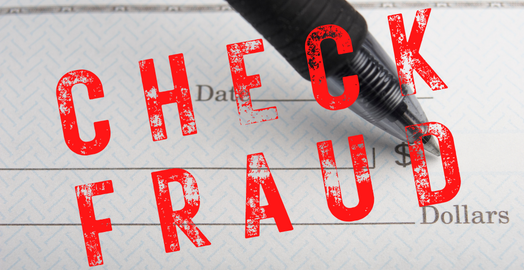By admin
•
22 Aug, 2023
It’s interesting how personal events can provide some of the best inspiration. My grandmother passed a couple of weeks ago, and as my family was making her final arrangements, and I experienced the emotions that my own family was feeling, it occurred to me that these are things that families experience every day. And while I was providing council to my own family, I thought, why not provide similar council on a larger scale to help lift some of the weight from the shoulders of families at large? So, let’s talk about final expense planning. The big question here is how will your final expenses be paid? There are a few main options: proceeds of your financial accounts, life insurance and pre-need arrangements. Each of these options have a few considerations to keep in mind, so let’s dig a little deeper. First, proceeds from your financial accounts. A common misnomer is that your Power of Attorney can continue to conduct business on your behalf even after your passing. This is false. Your Power of Attorney expires when you expire. Ergo, when you pass, all your financial accounts will be frozen until such time that proper estate claims can be filed and processed. This can be simplified and expedited by properly naming beneficiaries on your accounts and keeping them current but be aware that there will still be some processing time involved before your next of kin will receive the proceeds of your accounts and have access to the funds that are left to them. Next, let’s look at life insurance. This is very commonly thought of as the go-to solution for final expenses, however, life insurance often poses an even bigger liquidity issue than using proceeds from your financial accounts. To file the claim with the life insurance company, you will need to obtain a certified copy of the death certificate, which can sometimes take some time and expense to procure. Most life insurance companies still require an original copy of the certified death certificate as part of the claim, which will require you to mail the copy to them via regular mail. Once the insurance company receives the original, certified copy of the death certificate, claims processing can take several weeks before your beneficiaries receive the proceeds of your policy. While life insurance is a great way to provide an income tax free benefit to your heirs, it is often used more effectively in other areas of financial planning, such as survivor income, and business buy-sell agreements than it is in final expense planning due to the delayed liquidity. So, if not proceeds from financial accounts or life insurance, how are you to provide assets for your loved ones to pay for your final expenses? Enter pre-need arrangements. Pre-need arrangements come in a couple of different forms. First, let’s talk about the option that my grandmother chose many years ago. My grandmother purchased a pre-paid funeral annuity from the local funeral home. This is a good option because it guarantees that your final expenses are paid through assets that cannot be penetrated by Medicaid. There is one thing that it misses, though. No decisions are made. I watched my dad, uncle, and aunt struggle with decisions of “what would mom have wanted?” and “I don’t even know her favorite color, favorite flower or favorite song” when all there was at the funeral home was a pool of money to spend as they guessed their way through their mother’s final farewell. So, what’s the other choice? You also have the option to fully pre-plan your arrangements – everything from traditional burial vs. cremation, to the color scheme, to the flowers, to the music, to any religious traditions that you do or do not want to include. Furthermore, these arrangements are paid in today’s dollars, potentially leaving a greater percentage of assets in your estate should inflation raise prices at the time of your passing. Additionally, since this option is also fully pre-paid, you don’t need to worry about Medicaid penetrating these assets, should that need arise for your financial situation. Lastly, it provides you assurance that your final wishes will be honored. Personally, I can tell you, for myself, there are probably 2 people in the world that know my favorite color, flower and song and based on human life expectancies, it is more likely that I will be making their arrangements than that they will be making mine. What a wonderful final gift to give to those you love – to ease their burden in their time of grief by taking away any question of what you would have wanted. For more information on final expense planning or any financial planning concerns, please feel welcome to reach out to the advisory team at Sound Wealth Management at 941.932.4822 or schedule your no obligation consultation online at www.soundwealth.net . It’s time for you to be heard!










